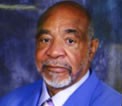 Courtesy of CodeCrew
Courtesy of CodeCrew
Students practice computer coding with CodeCrew.
It’s tough for Tennessee kids to earn more money than their parents. In Memphis, upward mobility depends a lot on your race and what neighborhood in which you grow up.
Those are some key findings from a new report called Economic Opportunity and Upward Mobility in Tennessee issued Friday from the Sycamore Institute, a Nashville-based public policy research center. Much of the research was done by Dr. Raj Chetty and others from Opportunity Insights, a Harvard-University-based think tank focused on the economy.
The top line from the Tennessee study: “Children from Tennessee are less likely than kids from similar families nationwide to move up the economic ladder from their parents in adulthood.”
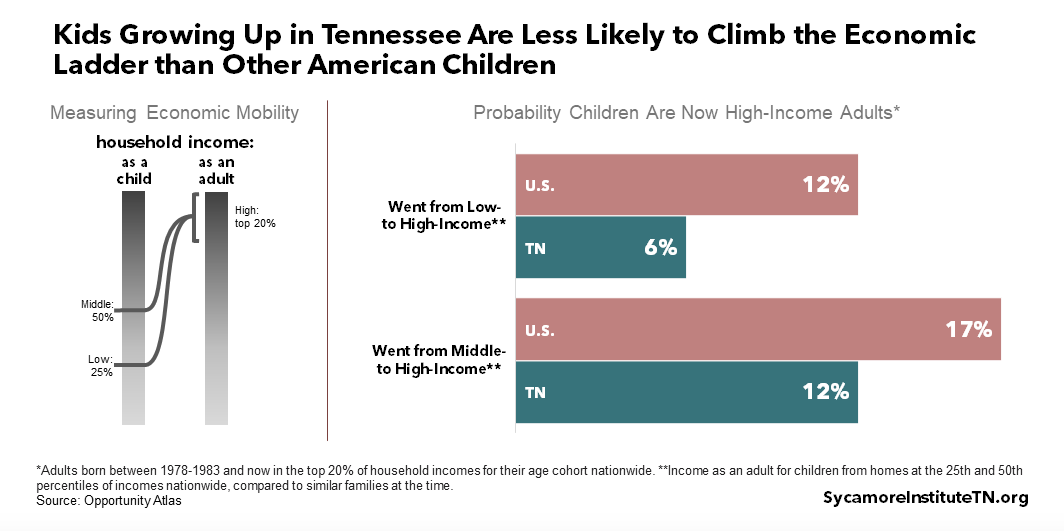 The Sycamore Institute
The Sycamore Institute
The shot at upward mobility across the country has dropped a lot since 1940. Then, the share of children earning more than their parents was 90 percent. Today, it’s less than 50 percent.
In Tennessee, the shot at economic mobility varies across the state. But not that much, research said. Counties in Middle Tennessee had the highest rates of upward economic mobility. But its average advantage over the rest of the state was just one percentage point. The study found there was also little difference in rural and urban counties when it came to upward mobility trends here. But there were differences.
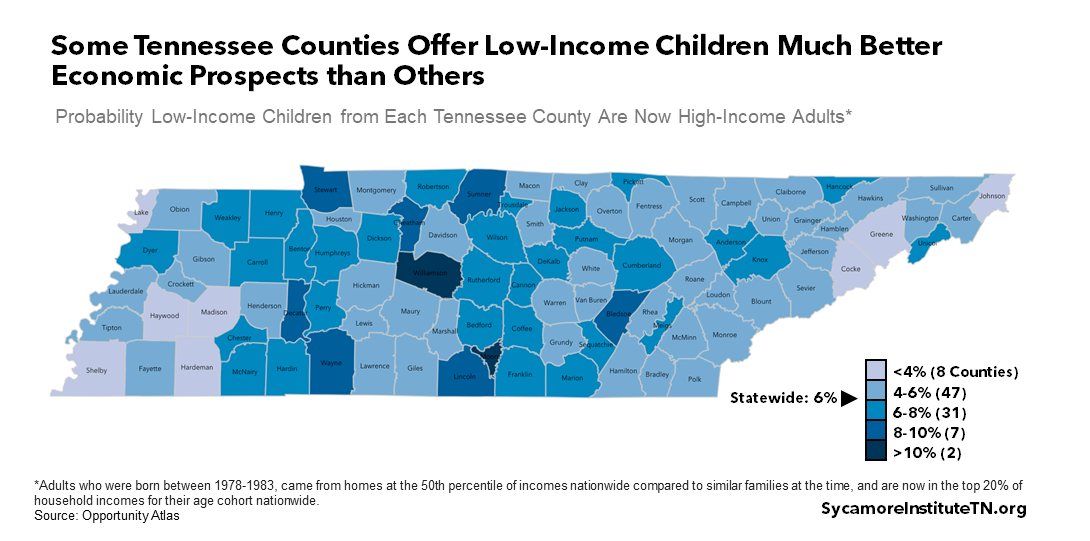 The Sycamore Institute
The Sycamore Institute
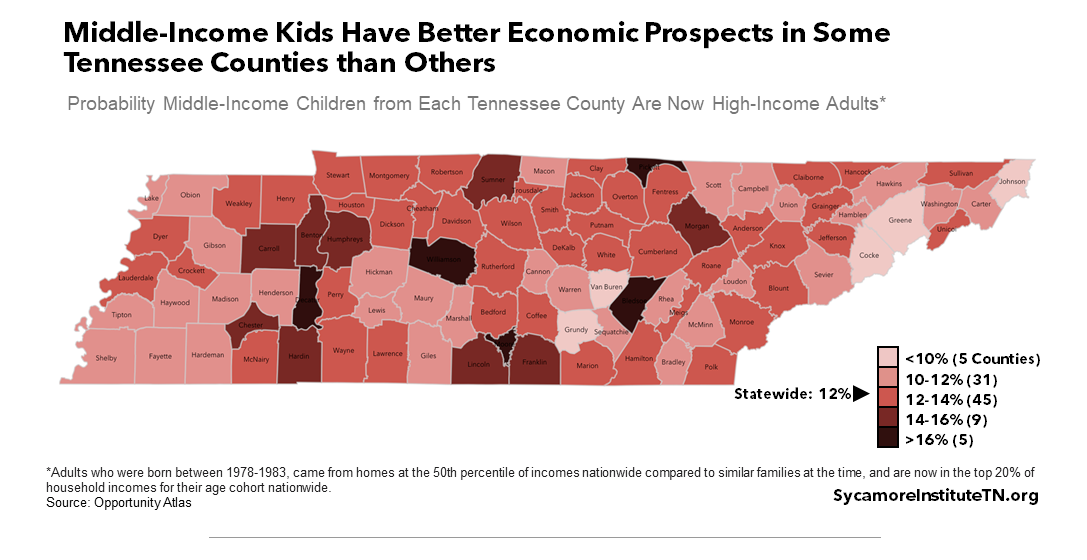 The Sycamore Institute
The Sycamore Institute
Some neighborhoods offer much better prospects than others, reads the study. The best places for upward mobility tend to have higher socioeconomic status, more married parents, and high employment rates — regardless of circumstances in a child’s own home. Also, Black and white children from the same neighborhoods and income levels often have very different rates of upward mobility.
This is plain when you look at data in Memphis. The study analyzed the chances for upward mobility of children living in Midtown and North Memphis. The differences were stark.
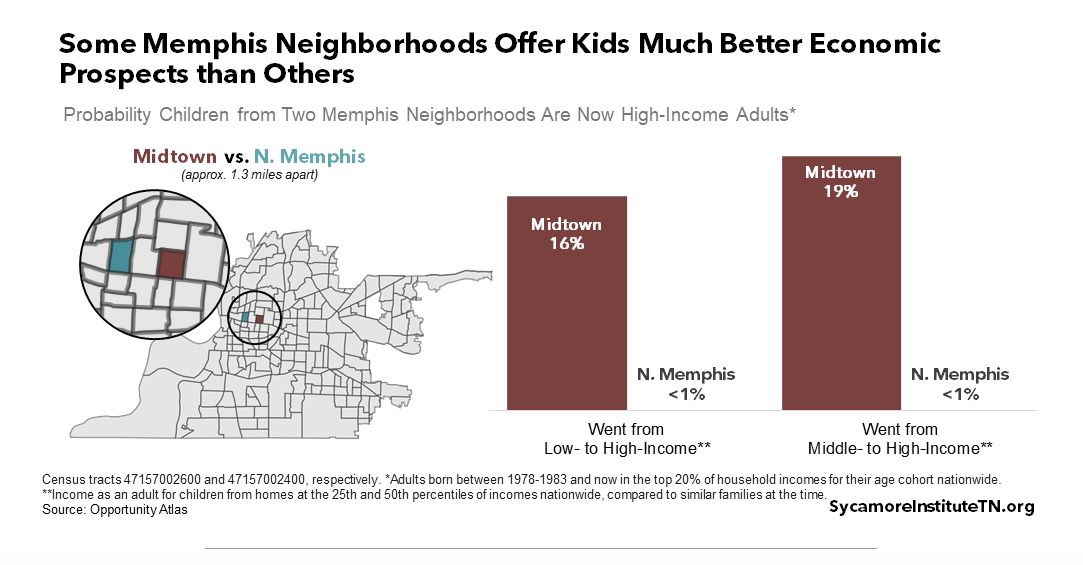 The Sycamore Institute
The Sycamore Institute
“A child who grew up in a low-income home in Midtown [Memphis] had about a 16 percent chance of becoming a high-income adult,” reads the study. “One mile away in North Memphis, a low-income child had less than a 1 percent chance. The odds of moving from middle- to high-income were 19 percent for kids from Midtown and less than 1 percent for those from North Memphis.”
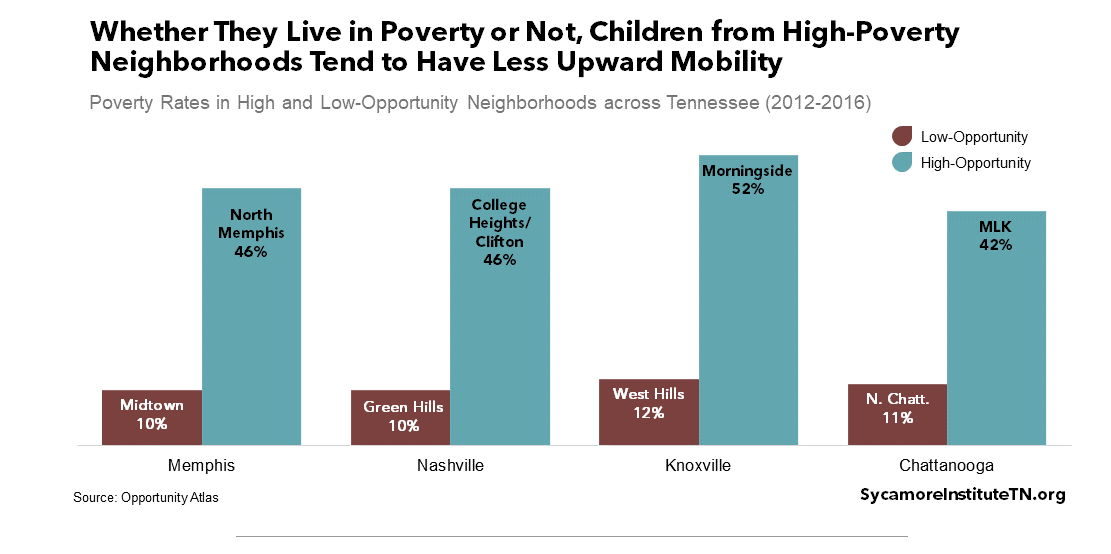 The Sycamore Institute
The Sycamore Institute
”Whether or not a child’s own parents are married, their prospects for moving up the economic ladder improve when they live in neighborhoods with more married couple families and fewer single parent families,” the study said. “Regardless of wage levels, neighborhoods where more people are employed tend to produce better economic outcomes for their children. While job availability within the local labor market matters, the availability of jobs in the immediate neighborhood seems to have little impact.”
Black and white children have very different rates of upward mobility in Tennessee and Memphis. The probability of a white child in Midtown making more money than their parents is 22 percent, according to the study. A Black child in Midtown has about an 8 percent chance of upward mobility. Researchers could not predict upward mobility chances for a white kid in North Memphis but said Black children there have a shot that’s only greater than 1 percent.
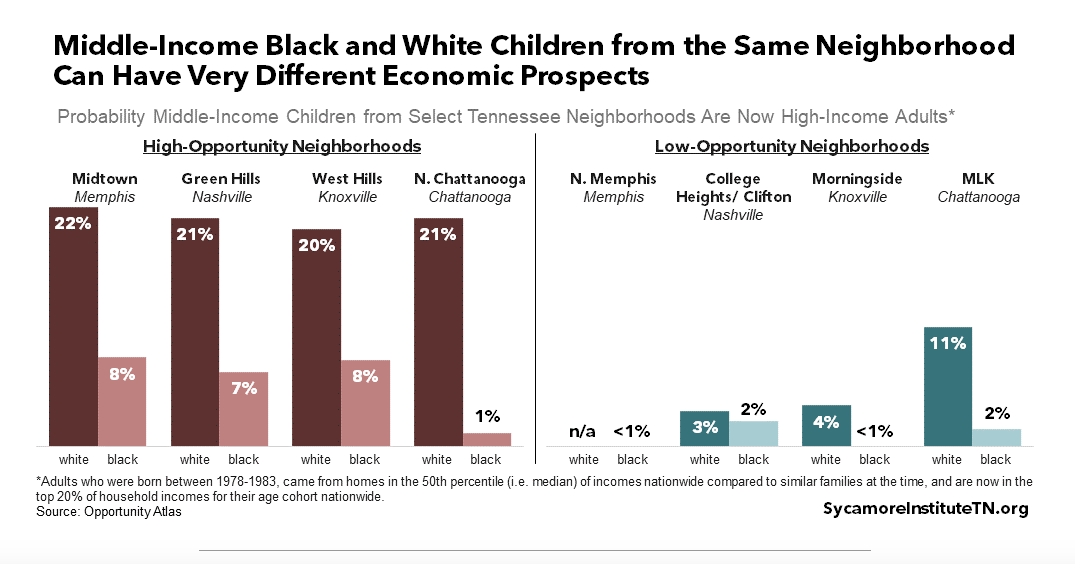 The Sycamore Institute
The Sycamore Institute

 jb
jb 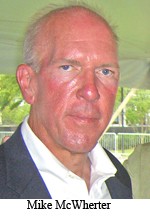 jb
jb 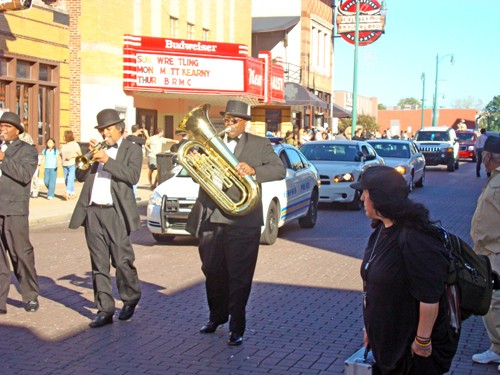 jb
jb 